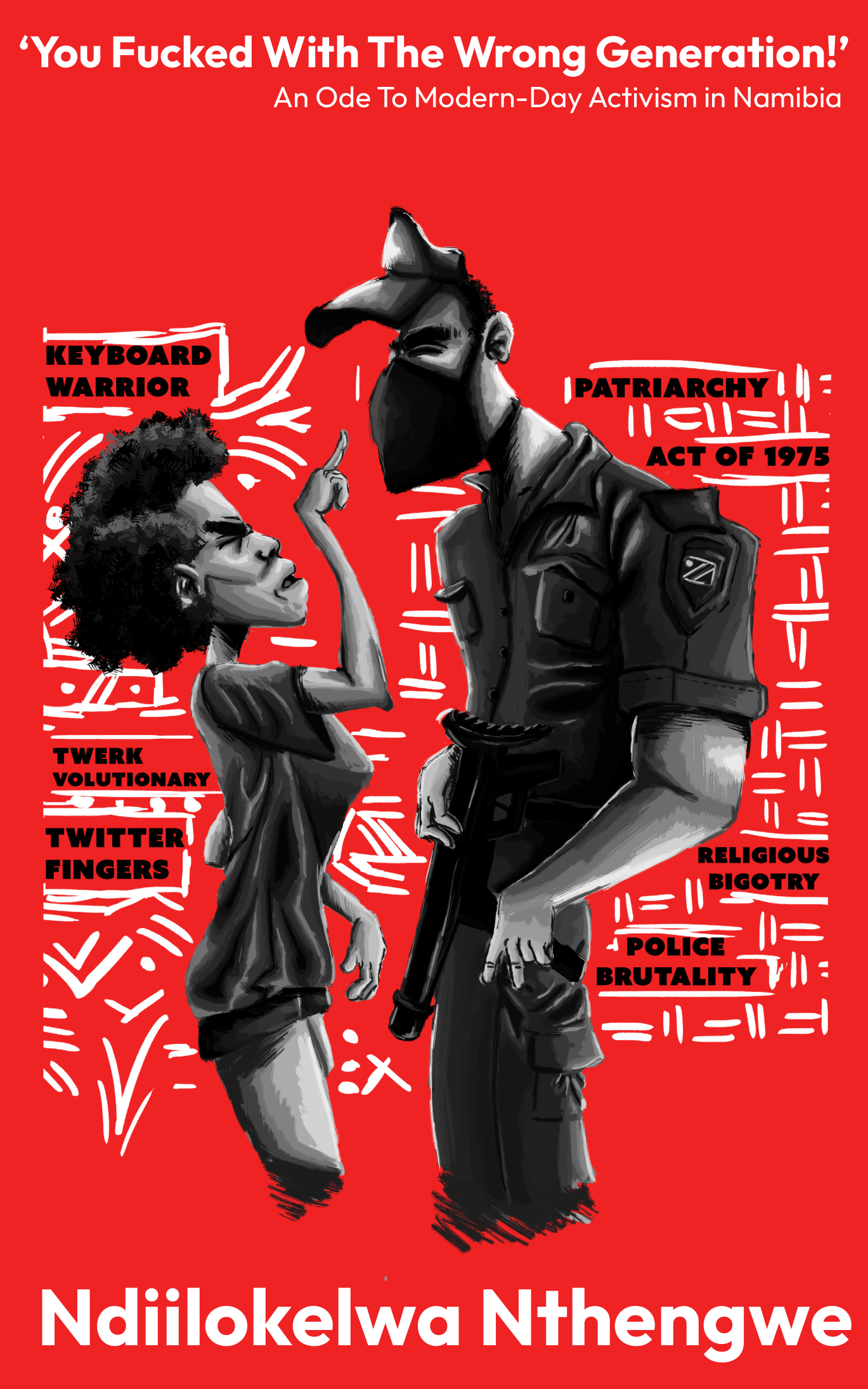
I wish I had read the book of Author Adrienne Maree Brown titled, We Will Not Cancel Us, before I had put out those tweets as it touches on healthier approaches to accountability and canceling within social justice movements.
I had only received this book a month after the scandal, gifted by the First Lady of Namibia, Monica Geingos; a reciprocation of thoughtfulness, I thought, with sensitive and grounding feedback on my first book. I read this book during the December holiday of 2021 after I had traveled alone to Cape Town to unwind and reflect. It had also been almost five years since I had been to the Mother City. This was also where I decided to write and publish this second book. I finished reading the book in one sitting on the drive back from Gansbaai, where I went shark cage diving that day. The drive back was long, but I always carry a book with me whenever I am traveling, just in case. Adrienne also wrote a blog post about the book, summarizing it.
In the Literary Hub, Adrienne Maree Brown (2021) wrote:
I’ve been thinking a lot about transformative justice lately. In the past few months, I’ve been to a couple of gatherings I was excited about and then found myself disappointed, not because drama kicked up, which is inevitable, but because of how we, as participants and organizers and people, handled those dramas. We then tear that person or group to shreds in a way that affirms our values. We create memes, reducing someone to the laughing stock of the Internet that day. We write think-pieces on how we are not like that person and obviously wouldn’t make the same mistakes they have made. We deconstruct them as thinkers, activists, groups, bodies, partners, parents, and children—finding all the contradictions and limitations and shining a bright light on them. When we are satisfied that that person or group is destroyed, we move on. Or sometimes we move on because the next scandal has arrived, the smell of fresh meat overwhelming our interest in finishing the takedown. Is it possible we will call each other out until there’s no one left beside us?…destroying a person doesn’t eliminate all the systems that allow harmful people to harm. We call it “transformative justice” when we’re throwing knives and insults, exposing each other’s worst mistakes, and reducing each other to moments of failure. We call it “holding each other accountable.” So I’m wondering, in a real way: How can we pivot toward practicing transformative justice? How do we shift from individual, interpersonal, and inter-organizational anger toward possible, generative, sustainable systemic change?
I thought about everything that happened in the process of reading the book; casting back all the memories and the sequence of events that led to the public lashings: I know that we had tried everything we could to keep the matter just amongst the group, to preserve the integrity of everyone, not just of Nehale’s, but that resulted into further abuse and harm to us, the delegates mainly. Since reading the book, I thought about what constitutes the perimeters of morality on social media versus traditional media: was it collective outrage that premised this level of canceling, or did we all feel morally righteous to warrant this level of serious indignation? In appreciation of Adrienne’s reflections, I thought it necessary to probe further on behalf of my conscience, I should add, as I found that there had been some unspoken clarity in her texts and propositions.
Every individual is different, I thought, which meant that canceling, no matter how morally inept, would occur to another degree, too, especially when we consider the degree and nature of their harm. It was the sheer arrogance, manipulation, and dismissiveness with which we had been treated that perhaps aggravated our position to write a public statement detailing the chronology of events, linking it to a google drive with all the screenshots of the correspondence: we felt, a statement alone would not be enough and added a drive link where everyone could see what happened. We were seeking vindication in the face of blame. So now, everyone, the public, in this case, had been cc’d. What about the harmful systems which led to Nehale harming others? I thought it was calculated for an individual to use organizational systems to cause harm and to sow distrust with his actions or lack thereof. So, in this case, the steps are not a result of institutional enablement but that in fact, the result of exploiting and defying systemic procedures. The degree to how far we are willing to coddle and defend people should be telling of ourselves too. But did Nehale rely on us to be harmful, or was his behavior an extension of how harmful we have been ourselves? In other words, we are flawed, but we can also be crutches to flaws.
There had been endured narcissistic abuse, primarily related to ownership of or within the movement: who does #ShutItAllDownNamibia belong to? Is it to the youth? Or to the individual who co-wrote the initial petition, co-opened the social media accounts, individually created and designed the graphics for protests and announcements, designed the official website, and co-created a podcast? This also begged a series of questions as an activist constantly at the frontline of protests: does the mic belong to me? Am I the only individual who can shout ‘Ons Is Moeg!’ (We Are Tired!) into the mic? And is it more valid than someone else doing it? Was Nehale’s use of design and strategic positioning a brilliant undertaking of modern-day Activism, or was it yet another form of exhibitionism during which he convinced us that he was the best man for the job? Or perhaps it was both? After all, it takes brilliance to convince natural skeptics that you can be fully trusted.
What about forgiveness? Was it ever on the table? Can we move on? And are those not willing to forgive hindering progress towards ‘generative sustainable systemic change’? How could they, when their mental health had deteriorated because of his actions? How could they, when they had been manipulated for months, leading to suicideation; how then, could these individuals channel retributive justice to ‘transformative justice’?
Cancelling and activism within social justice movements across the globe also varies. The #ShutItAllDownMovement had received 11 million impressions globally, yet, the cancelling only took place at a local level: suffice to say that traditional media exposed the scandal to a global audience with over a million followers from global onlookers who consume our local news: How does digital imperialism or institutional imperialism play a role in how news travels and is perceived especially from countries in the ‘Global South’? It is partly indicative of how corruption, atrocities and abuse in African states is not widely reported or recorded because the assumption is, ‘nobody gives a damn on what goes on in Africa’. Or perhaps because we are not a superpower, dominating global politics, and don’t own nuclear weapons nor do we broker trade deals with significant gaze. The argument isn’t that everyone knows our business, the answer is that abuse breeds in silence; confirming why everyone had to be cc’d in the first place; if everyone knows, then there’s nowhere to hide, not even for grassroots organisations just starting off but barely making an imprint because they don’t have social media or don’t have trendy hashtags to go by with.
Is there such a thing as uncancelable? We know of public figures who have been called out for abusive behavior and whose reputation remains practically unscathed despite the temporary outrage.
Job Amupanda, a land and civil rights activist in Namibia, is notoriously known for his misogynoir with gender justice activists constantly at his throat confronting this harmful behavior. Yet there’s been no canceling of his person, whereas the internet would have driven someone else without perhaps the status and social power into the shadows. I have had friends who supported the work of Somizi Mhlongo, a public figure in South Africa, even after allegations of his abuse were leaked and later announced by his estranged partner. I was ready to completely distance myself from them as I felt they were apologists until I reflected on my hypocrisy.
I am a huge fan of Cassper Nyovest, the South African hip-hop artist. I support him by listening to his music and buying his merchandise, such as the two pairs of his shoe line, Root of Fame, that I recently purchased. I bought the shoes knowing he is very close friends with Somizi. Shouldn’t I also cancel Cassper for not canceling Somizi and therefore being an apologist? How far should the cancellation net extend?
In my first book, I wrote about the abuse I experienced in a romantic relationship by a Queer individual who had or still does has considerable social capital. We’d been extensively involved in the abortion movement before they left the country. I wrote about the abuse but left out their name, mainly because I wanted to expose same-sex harm within romantic set-ups and not necessarily center this person, yet, people knew who I was referring to, and they had not been canceled. At least not in the way that we know canceling occurs.
***
Buy You Fucked With The Wrong Generation here: Google Form
Excerpt from YOU FUCKED WITH THE WRONG GENERATION published by Ndiilokelwa Nthengwe. Copyright © 2023 by Ndiilokelwa Nthengwe.


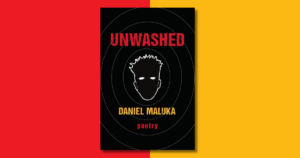

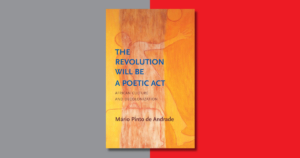
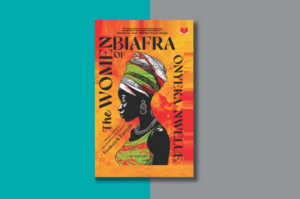

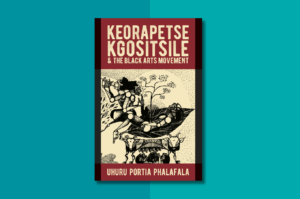

COMMENTS -
Reader Interactions